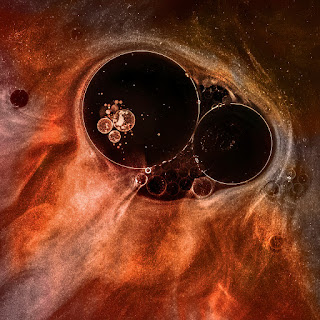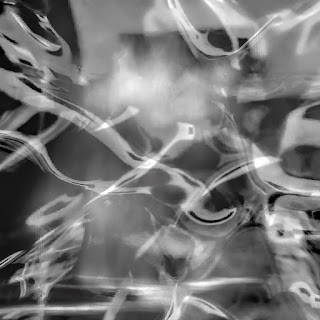"Like bubbles in a spring,
the phrase floated effortlessly
to the surface of
my consciousness.
I am a Leaf."
Back in September, while on a trip to the Pacific Northwest with my family, I wrote of an "
unexpected kindness" that flowed my way in the form of an email from a recent "follower" of my blog, whose note politely inquired about when I'd next post a new picture. As I wrote at the time, the impersonal sterility of our modern world makes it easy to forget that what connects us all are simple, gentle, human gestures, like one photographer reaching out to another over the technological ether to ask, "I enjoy seeing your pictures; you haven't stopped posting have you?" It is in this same spirit of a deep interconnectedness among all living beings, that I offer in this post not a picture (none would do justice to the impact that the story - and its accompanying photographs - I am about to reveal had on me), but rather a link to an extraordinary - and extraordinarily
uplifting and visionary - essay ("
I Am a Leaf") that was recently posted by photographer
Paul Cotter on the website,
Gratefulness.org.
It is curious how I came upon Paul's essay (which I had not seen posted on his own site), for it too is evidence of the "interconnectedness" of things. While Paul and I have never met in person (I look forward to the day we do, for our aesthetic travels appear to have much in common), we have exchanged many emails ever since connecting over an essay Paul had published on
Wynn Bullock in 2016. I got to Paul's post by following a link I'd seen on Barbara Bullock Wilson's
Facebook page; as dedicated readers of my own blog know, Barbara serendipitously become a treasured "virtual" friend of mine soon after the first email she sent me after reading of my "discovery" of her father's
color abstractions back in 2012). But back to Paul, interconnectedness, and his remarkable "
I am a Leaf." Paul sent me a link to his essay after reading two of my recent posts (“
Branches” and “
Part of Something Larger”). Both of these posts, in turns out, had resonated strongly with Paul. After you read his essay, you will immediately see why.
Without spoiling your pleasure of reading Paul's own words, here is part of the email I sent Paul soon after I read his essay for the first time (I have read it multiple times since, and will not soon forget it's message): "Paul, thank you so much for sharing your story. I felt a deep chill reading it, though not in an 'ego-centric' manner, rather in a way profoundly devoid of any 'I' whatsoever. Your experience, and the transformative (dare I say, transcendent) quality of embracing being a 'Part of Something Larger', literally (frank admission) brought a tear to my eye. For a moment, just a fleeting moment, through your words and the images accompanying them, I remember losing my sense of self and reveling in pure being."
Now, gentle reader, if you have not done so already, please go
here and read what Paul has to say about life, vulnerability, self, reality, impermanence, interconnectedness, and - yes - why we are all, "just" leaves. The accompanying images are also nothing short of breathtaking; luminescent, spiritually infused, and all preternaturally soulful. In short, fine-art photography at its very best.
Please share Paul's message with as many people you believe may benefit from his story. And then stay tuned for things to follow, as Paul has admitted to some long-term plans he has in mind. Thank you, Paul, for sharing your experience!



































